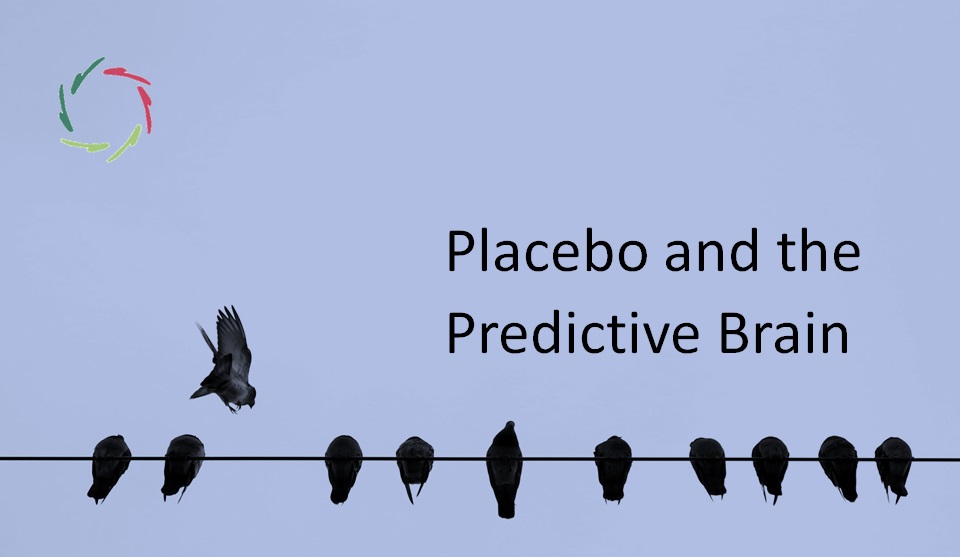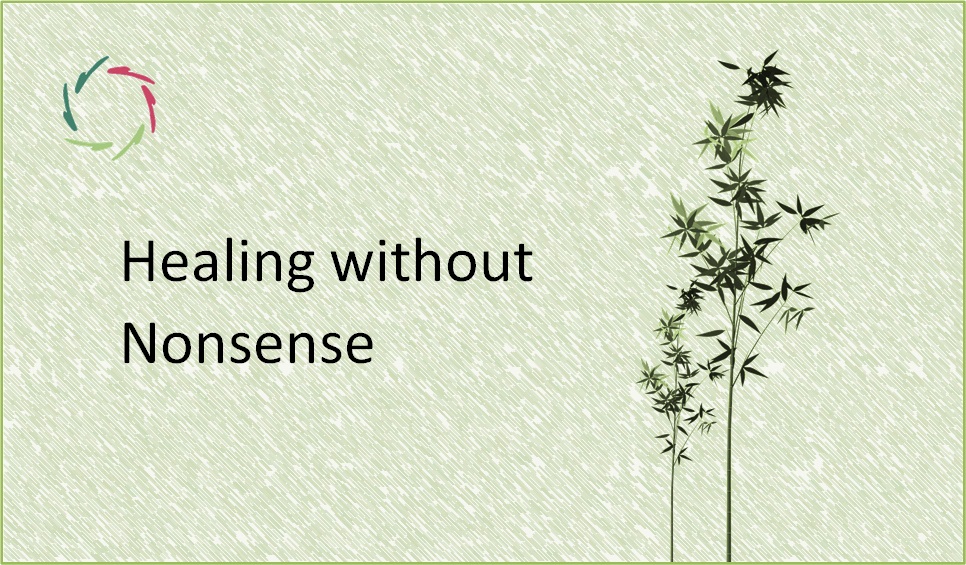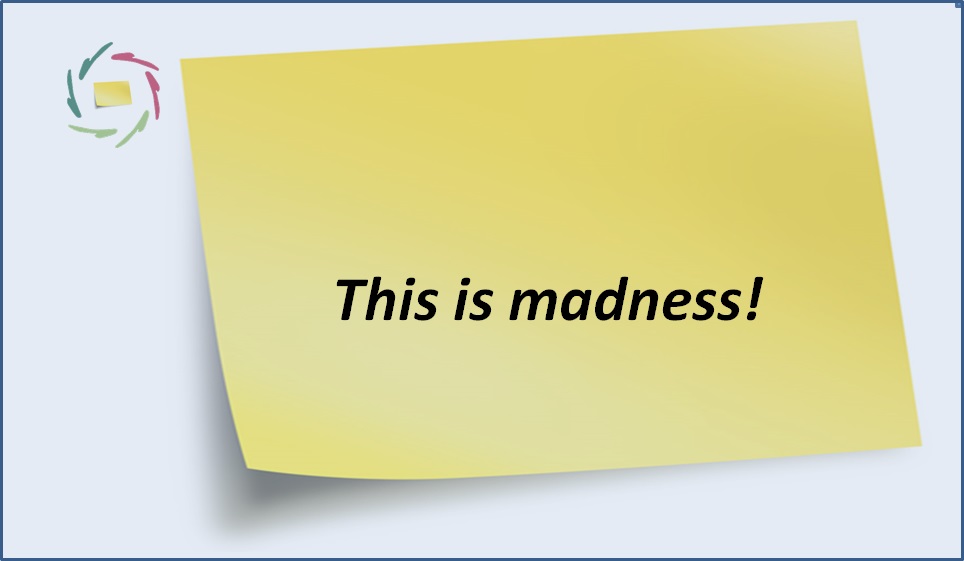Placebo and the Predictive Brain

The ‘brain as a predictive machine’ sheds an interesting light on the placebo effect. It shows that we are born with the wetware in place to experience the influence of placebo. Yet, the present-day may be the time to go beyond.
Subconscious placebo
Several explanations of the placebo effect have been put forward, such as expectation, conditioning, the meaning effect, hope, and belief.
In this scientific article, I distill them to non-conscious, subconceptual processing by way of autosuggestion: [see RG: “The Placebo Effect: How the Subconscious Fits in”]
The ‘predictive brain’ shows how.
Please read: [see: “The Brain as a Predictor”] PRC = Pattern Recognition and Completion. The brain, as a general pattern recognizer, basically works by this principle, intra-, and inter-individually.
Placebo is powerful because it taps from this basic principle in the brain-mind. Full patterns are suggested by activating them partially. This way, any individual can complete the patterns that are individual but still very culturally sanctioned. This also explains why an analgetic placebo shows to work in the brain (fMRI) according to the analgesics the person knows or has recently encountered.
Thus, the placebo effect is the realization of a prediction. Through partial overlap with a mental/neuronal pattern, a placebo can elicit the enactment of an entire pattern – or set of patterns – that turns into an effect that we then discern as ‘the placebo effect.’
The placebo itself is but the instigator of the pattern (at non-conscious, subconceptual level) that turns into a self-fulfilling prophecy. The response corresponds to a prediction such as “I am going to have less pain.”
This way, a culture exerts influence on individual health.
In primitive societies, placebos are (indirectly) effective as part of patterns that lead to healing. Being ostracized from a primitive culture is additionally bad because it deprives a person of positive placebogenic influences. One no longer has access to the medicine man nor the healing power of the gods. More scientifically put, he no longer gets the advantages of placebogenic PRC.
Modern cultures may have gotten rid of medicine men – in the strict sense – but not of PRC. A substantial part of modern medicine works placebogenic. If this would ever fall away just like that, it would have a devastating effect on people’s health and well-being ― an additional reason why people hold on to their placebos even when intuiting that they are not ‘fundamentally real.’
Culturally diverse, humanly the same
The concrete placebos wildly differ from culture to culture.
The underlying reality is the same, as it is also for psychotherapy and empathy. By understanding how physical placebos’ work,’ we can also better understand how psychotherapy eventually ‘works:’ not through instrumentalism but through subconceptual processing and communication.
In openness, this translates into autosuggestion.


